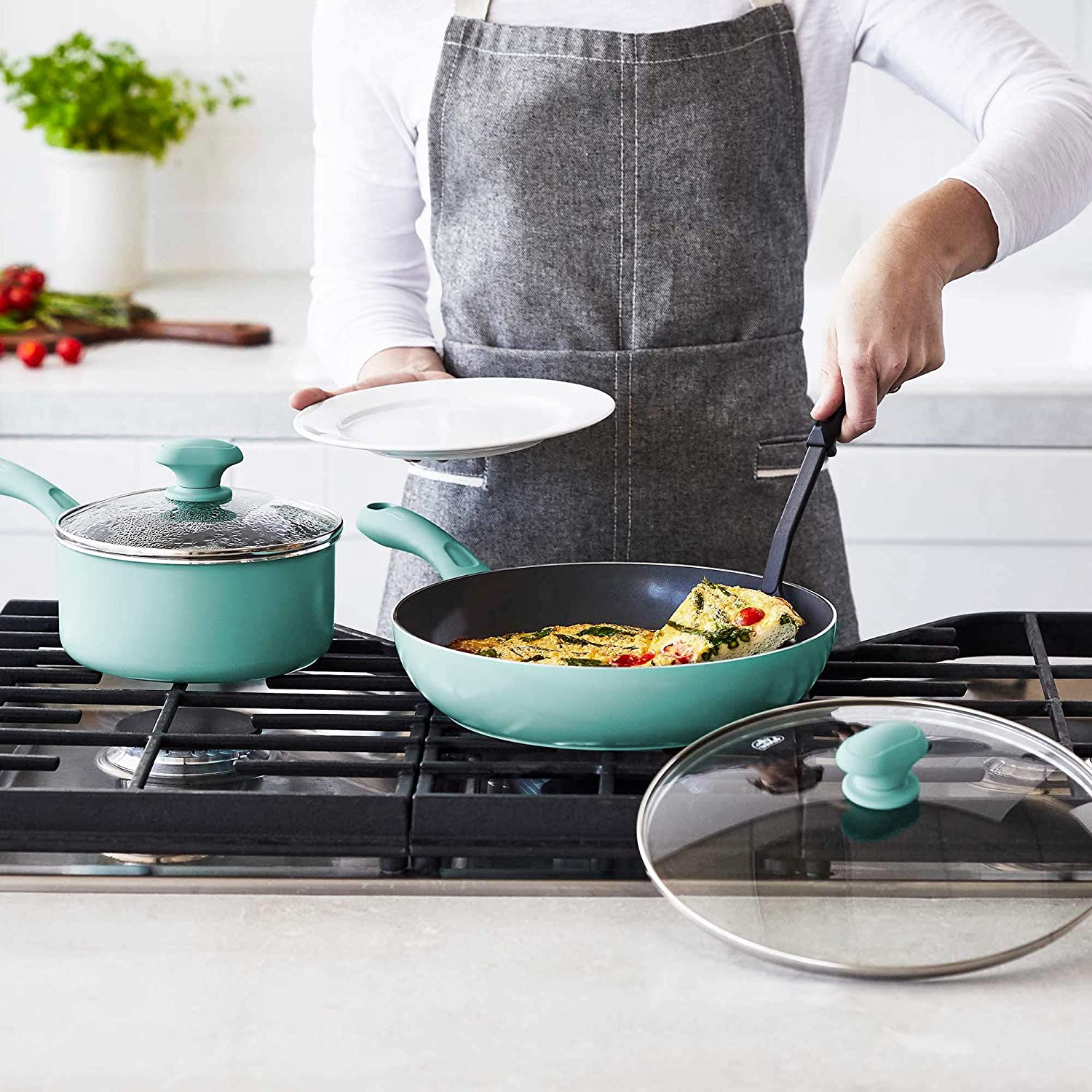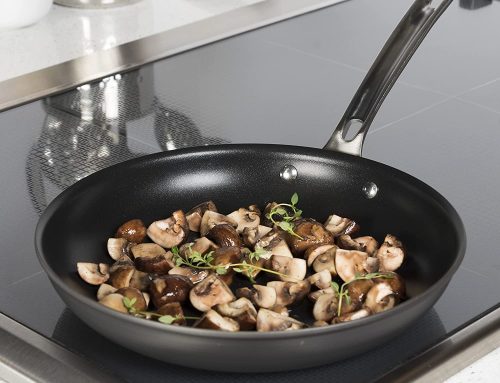A healthy and adequate diet for the family does not consist only of food, quantity, and timing. It also includes the methods of cooking and the materials with which the food comes into contact. Did you know that not all foods retain their properties if they are cooked in one material or another? Or that they can even change their flavor and cook better or worse?
Some substances can be released from the material of each utensil by changing the temperature, metals that are unhealthy or whose temperature affects the properties. An example, pots or kettles with Teflon are not ideal for making herbal tea, because the material makes the pans lose their healing properties, did you know that?
Fortunately, technology gives us many options for kitchen utensils such as pots, pans, spoons, refractories, etc. Which helps us keep our food in good condition and have a healthy diet. We invite you to get to know some of these materials, which you probably already use for your kitchen cookware.

1. Stainless steel kitchen cookware
Stainless steel is a modern material and many benefits have been found since it is easy to keep sterile, is aseptic and very resistant, and durable. In the kitchen, it can be used for cooking, serving, and storage. It can be found in pots, pans, refractories, and cutlery.
It’s very inexpensive, readily available in stores, easy to clean, and doesn’t change the flavors of food. But, although it is not a very reactive material, it can leach some nickel and chromium into food, so you have to limit its use a little or look for utensils made of surgical steel, which is less porous and releases fewer substances, as well how to take care of it from scratches.
Read our article for more details: Best Stainless Steel Cookware
2. Ceramic kitchen cookware
Ceramic accessories like ovenware, plates, and pots are great for heating and baking as well as food preservation. They are cheap, there is a diversity of styles, shapes, and designs, as well as sizes to adapt to the needs of the food.
Ceramic is a very safe material as long as, it is not covered with any toxic glaze. They withstand many changes in temperature to the point that there are special pieces for the oven and the microwave.
Read our article for more details: Best Ceramic Cookware set
3. Cast iron and copper cookware
Iron utensils, such as pans, grills, and pots, are recommended mainly for cooking meat. They present the problem of oxidation and that with use and heat iron particles can be released, which can damage health. It is necessary to ensure through the manufacturer that the product does not contain lead.
Other than that, what you have to take into account is the weight of the material and give it the proper maintenance to prevent oxidation.
In the case of copper utensils, this should not come into contact with food. However, it is very useful in the kitchen as it is a good conductor of heat. It is advisable to buy pans, pots, or any utensil made of copper but covered in stainless steel or any other ceramic material.
If you need to unplug pipes in the kitchen, we leave you some tips.
Read our article for more details: Cast-Iron Frying Pan Recommendation
4. Glass and wood cookware
Glass utensils are an excellent option for cooking food as long as they are free of heavy materials. They are recommended for being inert, manageable in temperatures, and not contaminating the flavors. The only disadvantage they present is the care that must be taken due to the type of fragile material. When they are cooking utensils (not storage) they must be made of tempered glass.
Wood in the kitchen is a traditional element, but it must be hard and non-porous wood, as well as maintain adequate hygiene to prevent the growth of fungi and bacteria. The wood does not contaminate the flavors of the food and instead gives it a handcrafted touch. It is necessary to check that the tables, refractories, or cutlery do not have enamels or toxic sealants.
5. Teflon and nonstick cookware
The care that must be taken with Teflon and coatings is that they are preferably ceramic. They perfectly cover the material, and they do not contain heavy metal alloys. In daily use, care must be taken not to scratch them with fibers and not to get them when they are still hot.
Technology provides us with Teflon and non-toxic coatings that help us keep food healthy and in good condition. There are countless models, designs, and styles for practically any type of material, and they are used for baking, stewing, and storing.









Leave A Comment